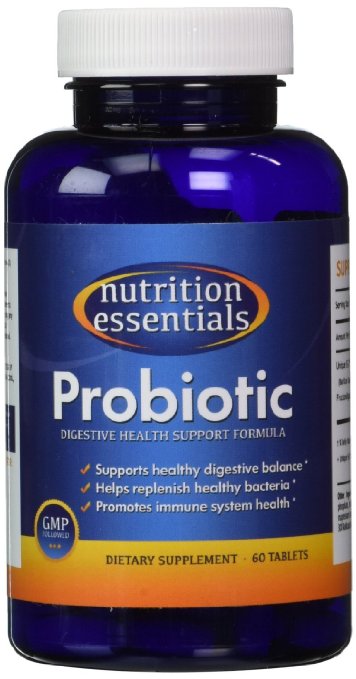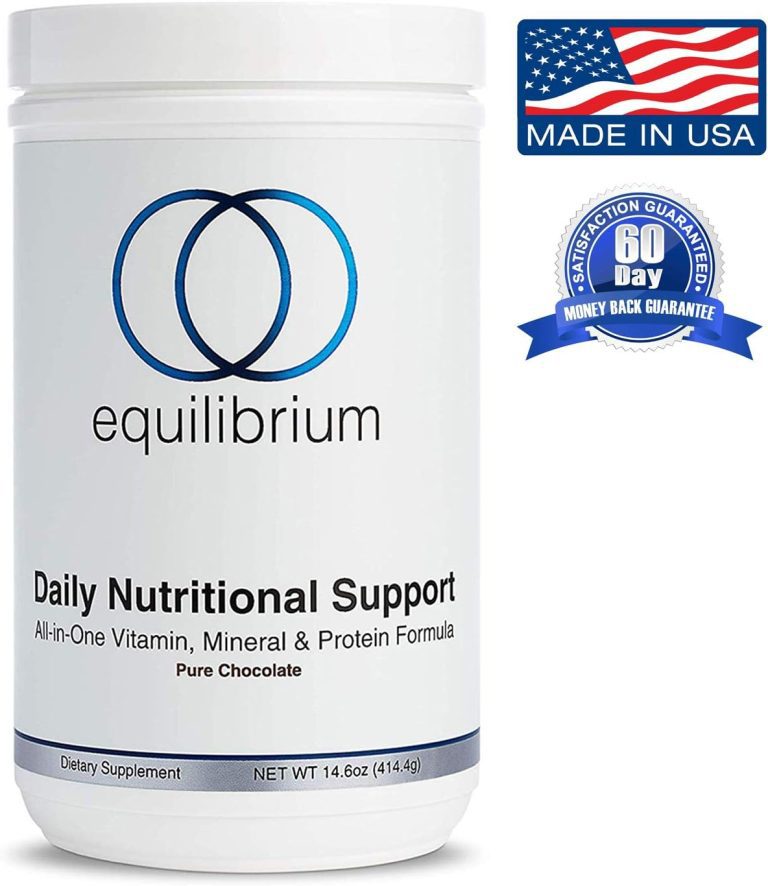Nutrition 4 Life
Nutrition is the foundation of a healthy life. What we eat directly affects our well-being, energy levels, and overall health. But with so much conflicting information out there, it can be overwhelming to know what to eat and what to avoid. That’s where “Nutrition 4 Life” comes in. In this comprehensive guide, we will explore the principles of nutrition and how they can help you lead a healthier, happier life. From debunking popular myths to providing practical tips, this article will be your go-to resource for all things nutrition.


The Basics of Nutrition
Nutrition is the science of how food affects our bodies and the processes of obtaining, digesting, absorbing, and utilizing nutrients from the food we eat. It involves understanding the composition of food, the role of different nutrients, and their impact on our health. Here are the key principles to keep in mind for optimal nutrition:
1. Balanced Diet
A balanced diet is the foundation of good nutrition. It involves eating a variety of foods from different food groups in appropriate proportions. Include a mix of fruits, vegetables, whole grains, lean proteins, and healthy fats in your meals. This ensures that your body gets all the essential nutrients it needs to function properly.
2. Macronutrients and Micronutrients
Macronutrients, including carbohydrates, proteins, and fats, are the main sources of energy for our bodies. They provide the building blocks for growth, repair, and metabolism. Micronutrients, such as vitamins and minerals, are required in smaller quantities but play crucial roles in various physiological processes.
3. Portion Control
While the quality of food is important, portion control is equally crucial. It’s essential to eat mindfully and listen to your body’s hunger and fullness signals. Pay attention to serving sizes and avoid overeating. Portion control can help maintain a healthy weight and prevent the risk of chronic diseases.
4. Hydration
Water is vital for our bodies to function optimally. It supports digestion, metabolism, nutrient absorption, and waste elimination. Aim to drink at least 8 glasses of water per day, and even more if you’re physically active or live in a hot climate. Avoid excessive consumption of sugary drinks and sodas.
Debunking Nutrition Myths
The world of nutrition is filled with myths and misinformation. Let’s debunk some common misconceptions and set the record straight:
1. Myth: “Carbs are Bad for You”
Carbohydrates are often demonized, but they are actually an essential part of a healthy diet. Complex carbohydrates, like whole grains, provide sustained energy and are rich in fiber. It’s important to choose healthy sources of carbs and avoid refined and processed ones.
2. Myth: “Eating Fat Makes You Fat”
Not all fats are created equal. Healthy fats, such as those found in avocados, nuts, and olive oil, are beneficial for our bodies. They provide essential fatty acids, support brain health, and promote satiety. It’s important to include moderate amounts of healthy fats in your diet.
3. Myth: “You Need to Skip Meals to Lose Weight”
Skipping meals is not an effective or sustainable way to lose weight. It can actually backfire and lead to overeating later in the day. Instead, focus on eating balanced meals and snacks throughout the day to keep your metabolism active and maintain energy levels.
4. Myth: “All Calories are the Same”
While calorie intake is important for weight management, the quality of those calories matters too. Nutrient-dense calories from whole foods are more beneficial for our bodies than empty calories from processed foods. Focus on nourishing your body with nutrient-rich foods.
Practical Tips for Healthy Eating
Now that we’ve covered the basics let’s dive into some practical tips that will help you make healthier food choices:
1. Plan Your Meals
Take some time each week to plan and prepare your meals in advance. This will help you make healthier choices and avoid relying on convenience foods or takeout. Plan your meals around whole foods and incorporate a variety of flavors, textures, and colors.
2. Read Food Labels
Become a savvy shopper by reading food labels and understanding what’s in the products you buy. Check the ingredients list and opt for foods with minimal additives and preservatives. Look for whole grains, lean proteins, and natural sweeteners.
3. Cook at Home
Cooking your own meals gives you control over the ingredients and cooking methods. Experiment with new recipes, flavors, and ingredients. Get creative in the kitchen and make healthy eating a fun and enjoyable experience.
4. Include Fruits and Vegetables
Fruits and vegetables are packed with vitamins, minerals, and antioxidants. Aim to include a variety of colors in your meals to ensure a wide range of nutrients. Try to fill at least half of your plate with fruits and vegetables.
Frequently Asked Questions
1. How many meals should I eat per day?
There is no one-size-fits-all answer to this question. It depends on your individual needs and preferences. Some people find that eating three balanced meals per day works for them, while others prefer smaller meals and snacks throughout the day. Listen to your body and eat when you’re hungry.
2. Can I still enjoy my favorite foods?
Absolutely! Healthy eating is all about balance and moderation. You don’t have to give up your favorite foods completely. Instead, enjoy them in moderation and focus on nourishing your body with nutrient-rich foods most of the time.
3. Should I take supplements?
Supplements are not a substitute for a healthy diet. In most cases, it’s best to obtain nutrients from whole foods. However, certain individuals, such as pregnant women or those with specific deficiencies, may benefit from supplements. Consult with a healthcare professional before starting any new supplements.
Final Thoughts
Nutrition is an integral part of a healthy lifestyle. By understanding the basics of nutrition, debunking common myths, and implementing practical tips, you can make informed choices that will benefit your overall well-being. Remember, it’s not about perfection but about progress. Small changes to your eating habits can have a big impact on your health over time. So, embrace a balanced and nourishing diet and enjoy the benefits of nutrition 4 life.






